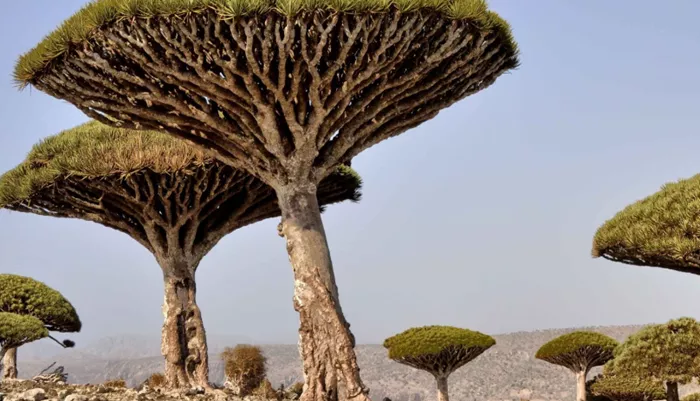A new global study has revealed that over a fifth of the world’s plant species are found only on islands, making them crucial hotspots of biodiversity. This discovery has prompted scientists to call for stronger conservation measures to protect these unique ecosystems.
For the first time, researchers mapped more than 300,000 plant species worldwide and found that 21% — or 63,280 species — are endemic to islands. This means these species are found nowhere else on Earth.
Until now, scientists have had to rely on rough estimates of how many plant species are native to islands. With the creation of a comprehensive database, researchers can now pinpoint which species live on islands, assess their conservation status, and gather accurate data for large-scale studies.
“This information is vital for research and for conservation efforts,” said lead author Julian Schrader, an ecologist at Macquarie University. “It enhances our understanding of the drivers of island biodiversity and the factors that influence species survival.”
The study also highlighted alarming trends. Despite islands making up just 5% of the Earth’s land surface, they are home to 55% of all plant species that have gone extinct. Of the remaining endemic species, 51% are now threatened, and 70% exist only on a single island.
Most concerning, only 6% of these single-island species are found in areas that meet the United Nations’ 30×30 conservation target, leaving the vast majority at risk from human activity in unprotected areas.
Urban development, agriculture, and invasive species are the primary threats to island plants, according to the International Union for Conservation of Nature (IUCN). Climate change and disease are also contributing factors.
“Island plants are particularly vulnerable to extinction,” Schrader explained. “When non-native species are introduced, native plants often struggle to survive. In some cases, they face extinction.”
The researchers stressed the urgent need for increased conservation efforts to protect island ecosystems. Islands like Madagascar, once part of the African continent, are home to ancient plant species that no longer exist elsewhere. Meanwhile, islands such as the Galápagos host rare plants that evolved in isolation, often developing into multiple subspecies.
“The nations that host these islands may lack the financial resources to adequately conserve their biodiversity,” Schrader said. “Wealthier nations, particularly those that are more developed, should help support these island nations in their conservation efforts.”
As the study underscores, the protection of island plant species is critical not only for preserving biodiversity but also for safeguarding the unique evolutionary histories that islands represent.
Related topics:
- Foliage-Favored Plants That Surprise Gardeners with Stunning Late-Season Blooms
- Rare Plant Wrecked by Washington Golf Course Demands Urgent Protection Again
- Creating a Natural Haven: Using Native Plants to Shelter Birds at Your Feeder


